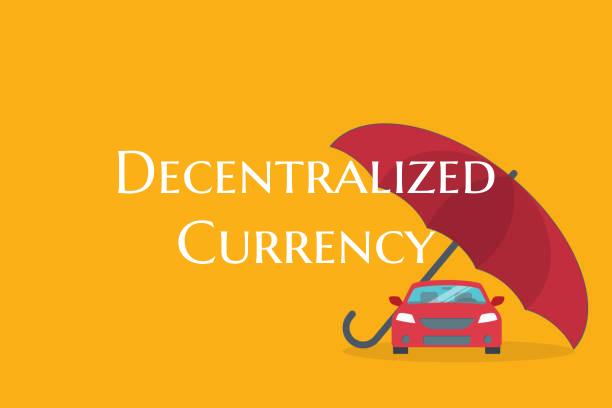Decentralized Currency
In recent years, the concept of decentralized currency has taken the financial world by storm, challenging the traditional centralized systems that have long dominated global economies. Also known as cryptocurrency, decentralized currency operates independently of any central authority, such as a government or financial institution. This revolutionary form of currency is based on blockchain technology, a decentralized and transparent ledger system that records all transactions securely and anonymously.
The most famous decentralized currency is Bitcoin, created in 2009 by an unknown person or group of people using the pseudonym Satoshi Nakamoto. Bitcoin paved the way for a new era of financial transactions, offering advantages such as lower fees, faster processing times, and increased privacy compared to traditional banking systems. Since then, numerous other cryptocurrencies have emerged, each with its unique features and applications.
Decentralized currency is built on the principles of decentralization, transparency, and security. By eliminating the need for intermediaries like banks and payment processors, users can transfer funds directly to each other without third-party involvement. This peer-to-peer network ensures greater financial autonomy and control for individuals, making transactions more efficient and secure.
One of the key benefits of decentralized currency is its potential to provide financial services to the unbanked population globally. In many developing countries, traditional banking services are inaccessible or too costly for people to use. Cryptocurrencies offer a promising solution by allowing individuals to access and manage their finances through digital wallets and mobile devices, fostering greater financial inclusion and empowerment.
However, the decentralized nature of cryptocurrencies also poses challenges, such as volatility, regulatory uncertainty, and security risks. The value of decentralized currencies can fluctuate significantly, making them susceptible to market speculation and manipulation. Additionally, the anonymity of transactions has raised concerns about the potential for illicit activities like money laundering and tax evasion.
Despite these challenges, the growing popularity of decentralized currency signifies a shift towards a more decentralized and digitized financial landscape. As more individuals and businesses embrace cryptocurrencies, the potential for innovation and disruption in the traditional financial sector continues to expand. Whether decentralized currency will fully replace centralized systems remains to be seen, but its impact on reshaping the future of finance is undeniable.
